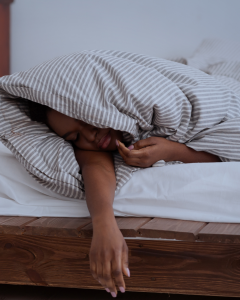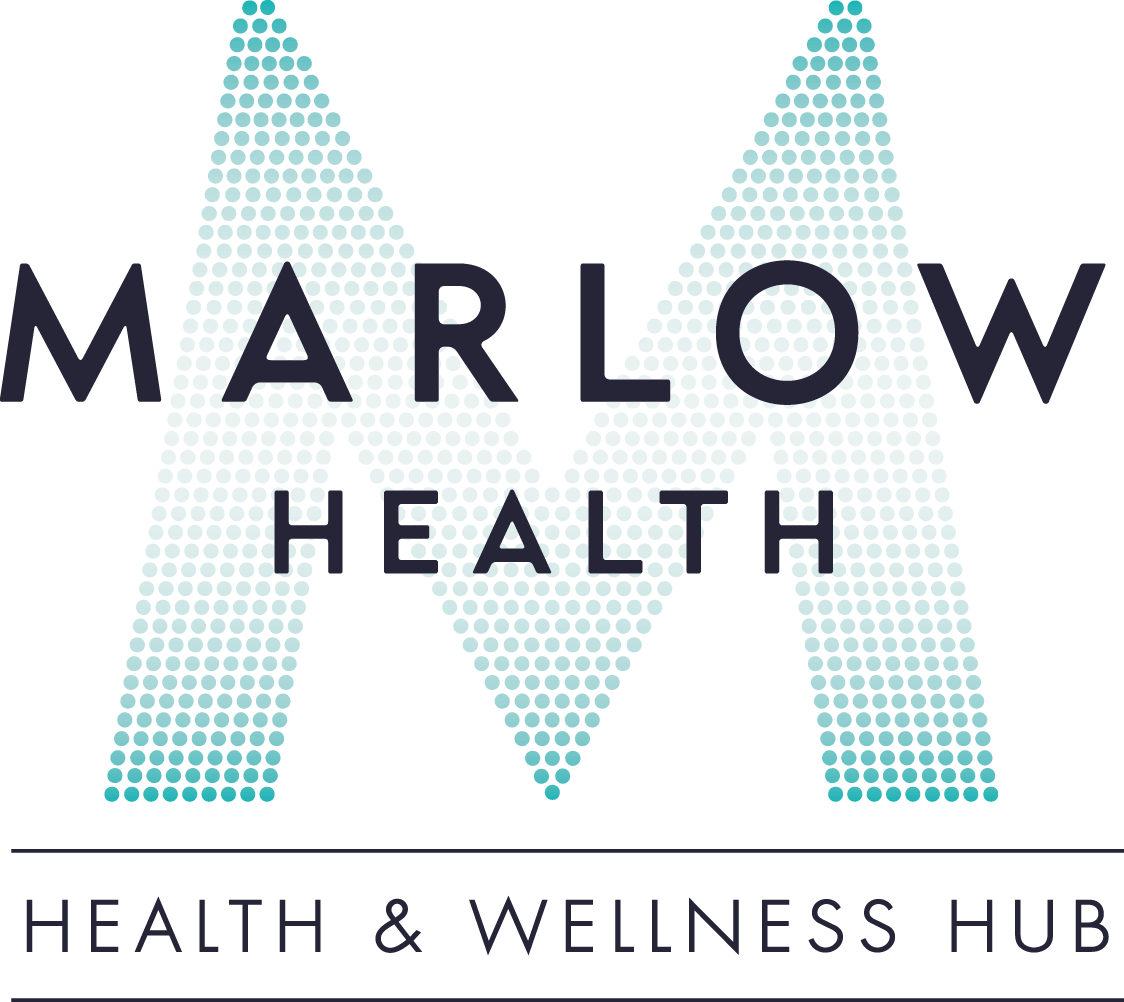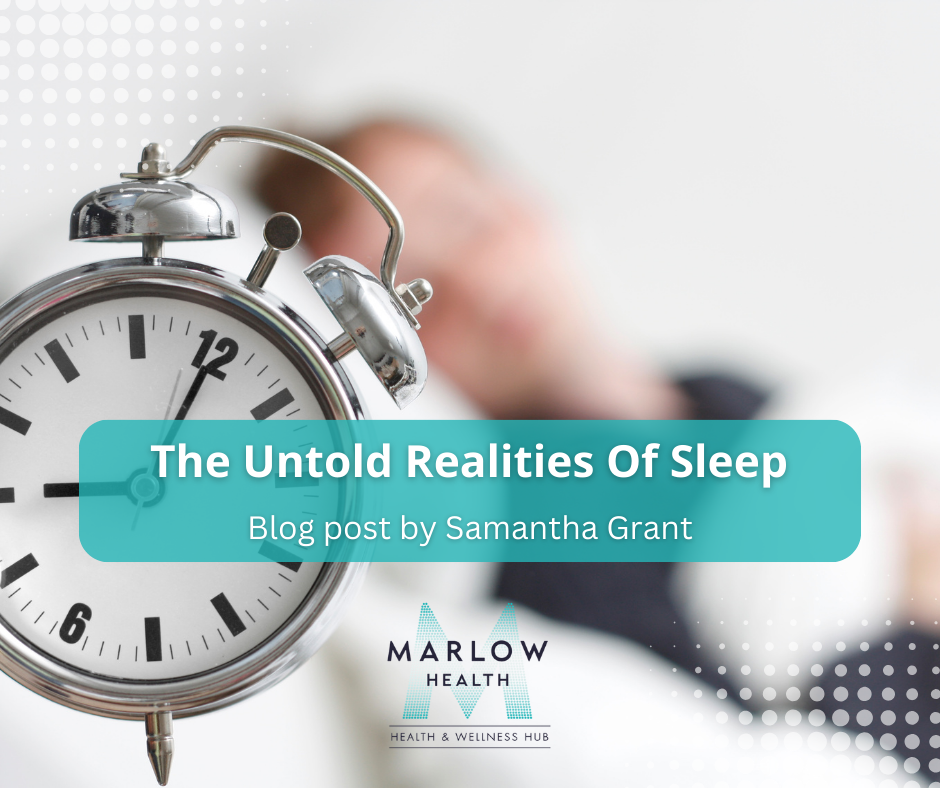We all know how crucial sleep is for our well-being, but do you know what happens during sleep, why we wake up and how you can have better sleep? In the past, our ancestors didn’t adhere to the modern notion of an uninterrupted 8-hour sleep block. Hunter-gatherers embraced shorter sleep blocks, waking to adapt to temperature changes, attend to fires, and safeguard themselves against predators.
Brainwaves and the sleep cycle:
The brain transitions through various brainwave activities every day. Beta waves dominate our waking hours, facilitating concentration, problem-solving and high-level cognitive functioning. As we drift into sleep, our brainwaves slow down, progressing from Alpha to Theta and ultimately reaching Delta during deep restorative sleep, which is when the body repairs tissues, builds bone and muscle and strengthens the immune system. During sleep, we naturally move into and out of different brainwave activity which is known as our sleep cycle. The subconscious mind is in charge of the sleep cycle.

The Subconscious mind’s role:
The subconscious mind also governs bodily functions including breathing, blinking and swallowing. Its main job is to keep you safe and alive and so it reacts to threats, triggering the “fight or flight” stress response. This stress response floods the system with adrenaline and cortisol and increases beta brainwaves. All of which are designed to make you take immediate action and respond to danger. It will react in the same way to a real or perceived threat, so will respond in the same way to a sabre tooth tiger attack as it would to a stressful situation with work/health/family. A bodily change including a dry mouth or feeling too hot can also induce a stress response.
During sleep, if a threat is sensed, it can wake us up by increasing beta brainwaves and producing adrenaline and cortisol to prepare you to protect yourself.
This is why you wake during the night feeling wide awake and alert.
Through my experience as a transformational therapist, I have observed that, long after a stressful event, the subconscious mind may persist in perceiving a need for heightened alertness and vigilance, even after the initial stressors has been resolved. For assistance in resolving this type of problem contact me for a free 20-minute telephone consultation. contact@samanthagrant.co.uk
Tips for better sleep:
Understanding the subconscious’s protective nature allows us to appreciate its role in keeping us alive. However, to ensure restful sleep, we need strategies to navigate stress responses.
Before bed
- Journal your thoughts: Write down concerns, worries, things to do and daily occurrences to clear mental space. You don’t need to keep the paper.
- Hydrate: Sip some water to prevent stress-inducing dry mouth from waking you.
- Sleep hygiene: Turn off lights, and electrical equipment and check room temperature.
- Hypnotherapy MP3: Listen to my free Hypnotherapy MP3 to induce Theta brainwave activity, promoting a transition to deep sleep.
If you wake in the night:
- Express Gratitude: Thank your subconscious for its vigilance and assure it there’s no immediate danger.
- Remember: Remind yourself that it is okay that you have woken but will fall asleep again and this is normal.
- Hydrate: Address a dry mouth by having a drink, remember that processed foods and alcohol consumed during the day can dehydrate you.
- Rest: Use this time to rest your body, breathing in for the count of 3 and out for the count of 5. Resting the body offers many health benefits – stress reduction, physical relaxation and recovery.
- Hypnotherapy: Re-listen to the Hypnotherapy MP3 to facilitate a return to sleep.
Update your subconscious mind to find permanent relief from past or present issues and enjoy great sleep.
Contact me for a free 20-minute consultation and to receive a free hypnotherapy MP3 to aid sleep and encourage Theta brainwaves: contact@samanthagrant.co.uk
Samantha Grant
Transformational Therapy






